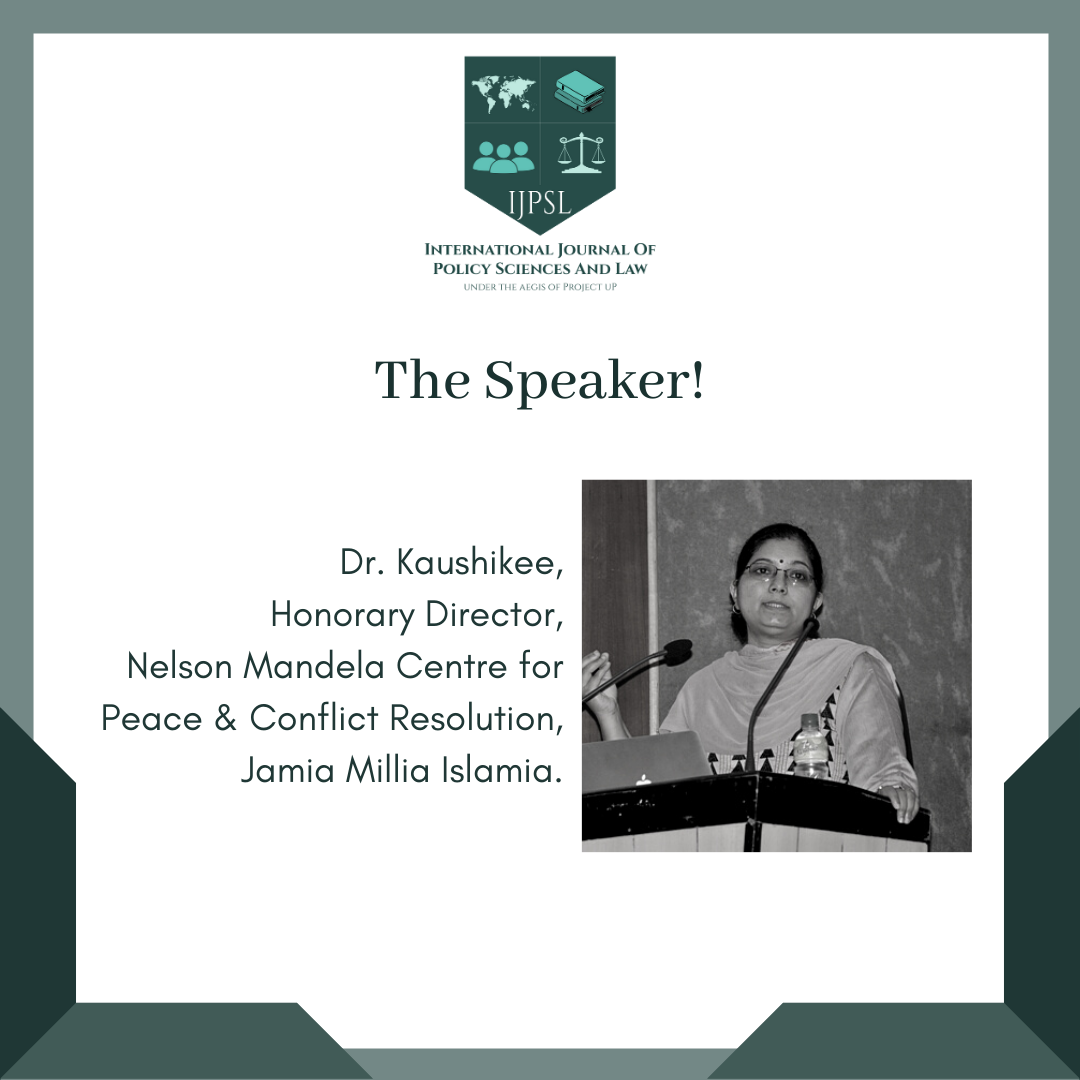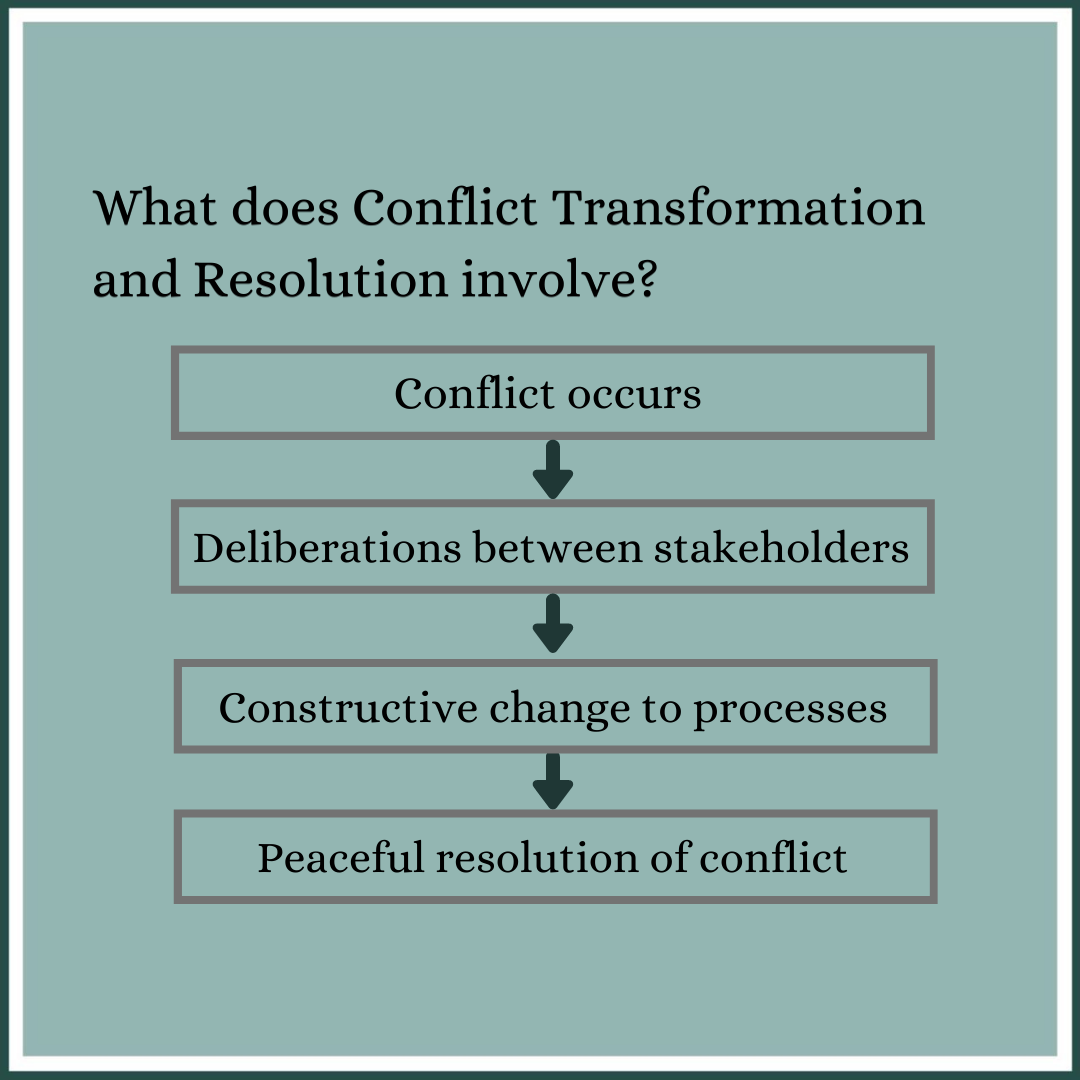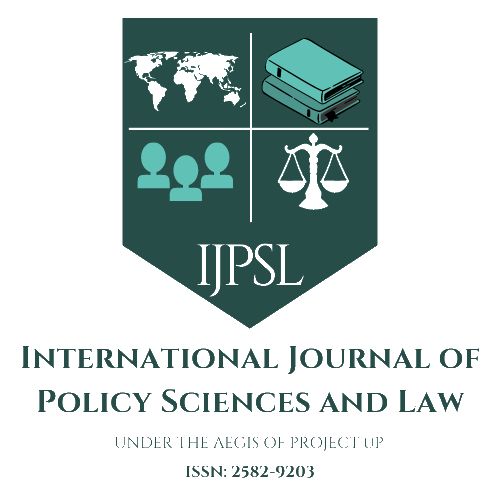Events
Workshop: Skills for Conflict Transformation and Resolution


The International Journal of Policy Sciences and Law organised an online workshop titled ‘Skills for Conflict Transformation and Resolution’ which hosted Dr Kaushikee, Honorary Director, Nelson Mandela Centre for Peace and Conflict Resolution, Jamia Millia Islamia. The purpose of the workshop was to spread knowledge regarding the conceptual perspectives of Conflict Resolution and Conflict Transformation in intra-governmental, inter-governmental and international settings.
The workshop provided an intelligible and fundamental system to reliably prevent, manage, and resolve personal and professional conflicts. The participants witnessed a brainstorming session where Dr Kaushikee explained the numerous sources of conflict in our country and neighbourhood and the methods of dealing with them. She presented a map of the journey of discovering peace and, hence, transforming conflict.
Using amusing personal anecdotes, she interacted with the audience to get a better cognizance of the subject matter. Various myths regarding conflict were dispelled, such as conflict is always associated to violence and is visible to the naked eye, and methods of conflict resolution were outlined by stressing the need of negotiation, communication, mediation, facilitation, and dialogue.
The workshop also showed how conflict transformation simultaneously tackles attitudes, behaviours and problems and it is necessary to focus on the three P’s of conflict transformation- the People, the Process, the Problem. We learnt that the field of conflict resolution/conflict transformation is still in a dynamic stage of evolution. It is an evolving sphere or interdisciplinary endeavour that has both theoretical and practical implications
The growing realization that the world has not yet effectively devised systems to cope with intra and inter-national conflicts has led civil society to search for creative options that place ‘people’ at the centre of peace processes. It is in this context that the field of Conflict Transformation has been conceptualized. This session sought to address a growing need for education on the paradigms, models and skills that can assist societies to transform conflicts pacifically.
Towards the end of the session, questions of the audience were answered. The major takeaway of the session was that conflict transformation is the art of turning antipathy, hostility, and domination into a spirit of collaboration, creativity, and community.
